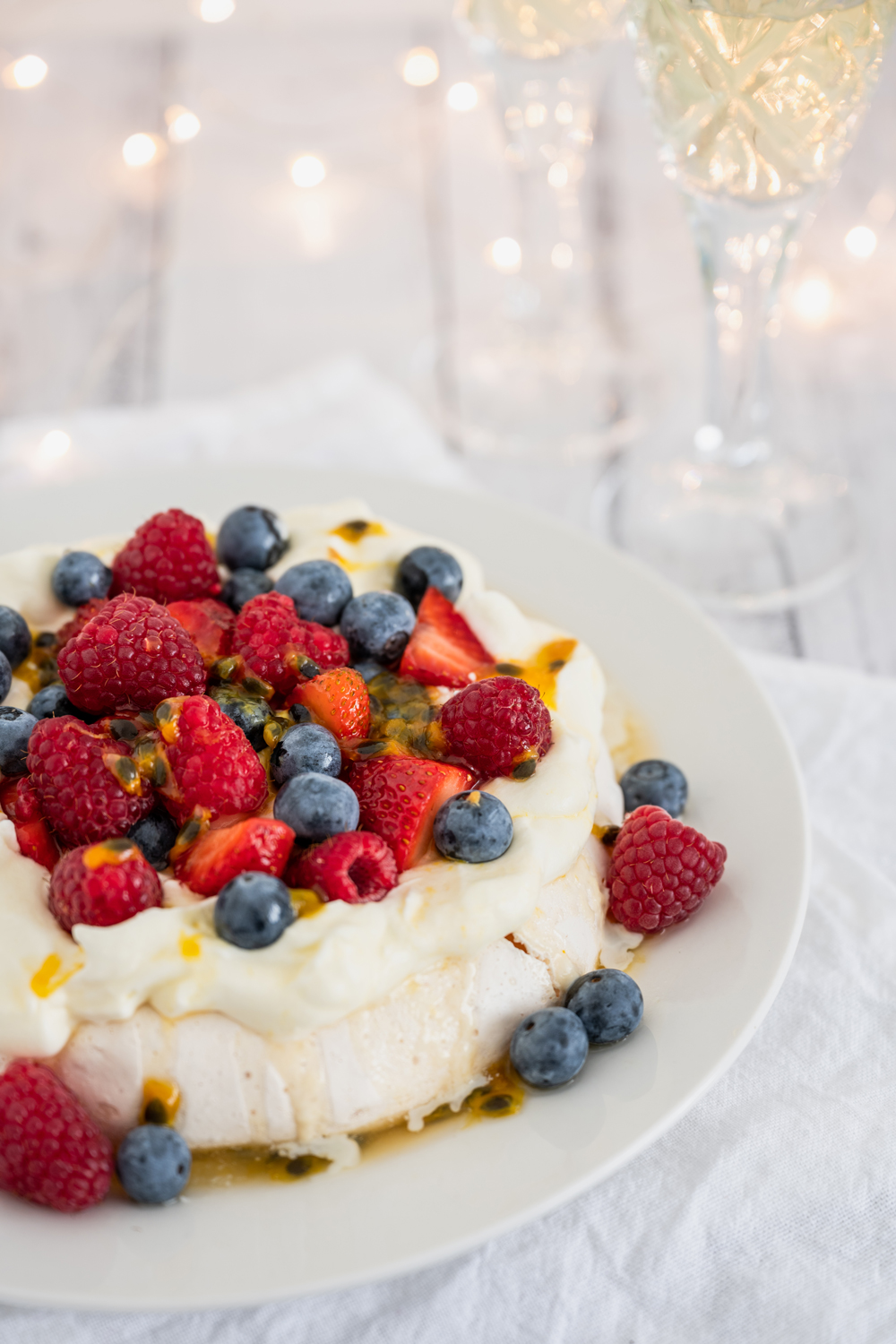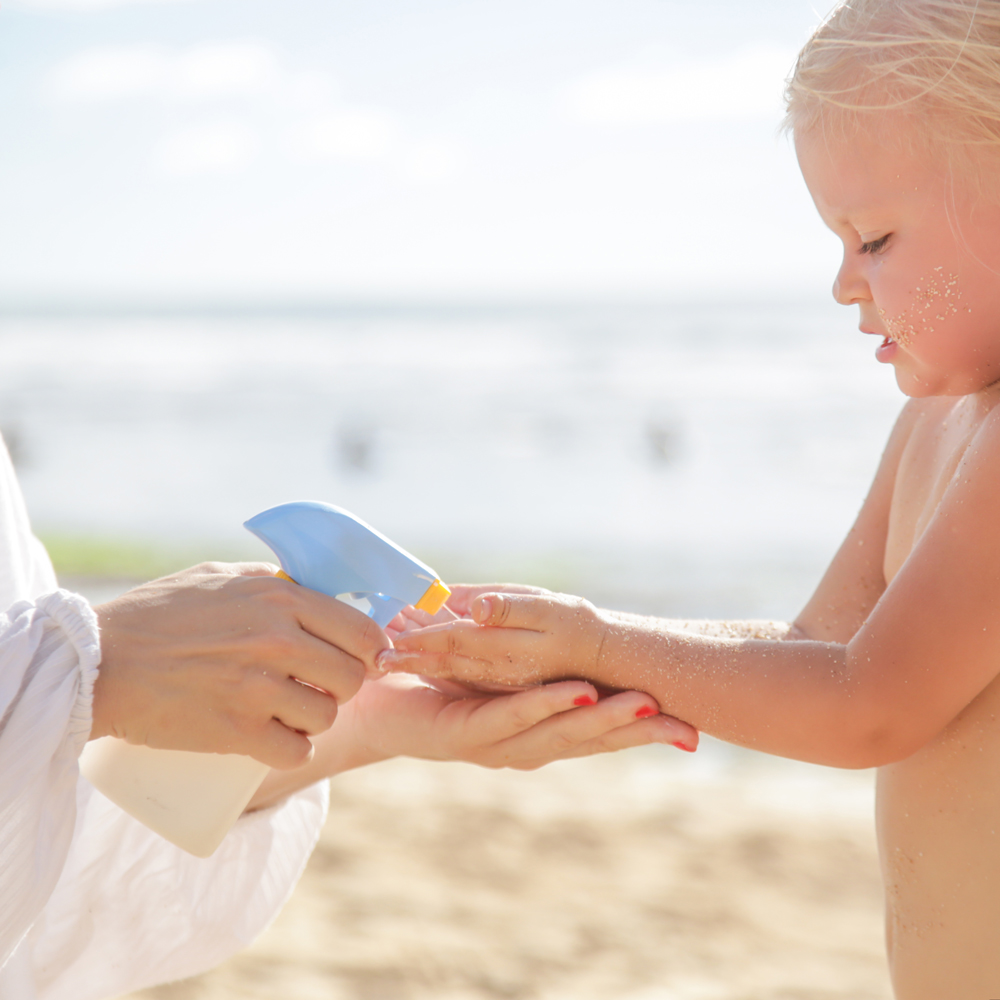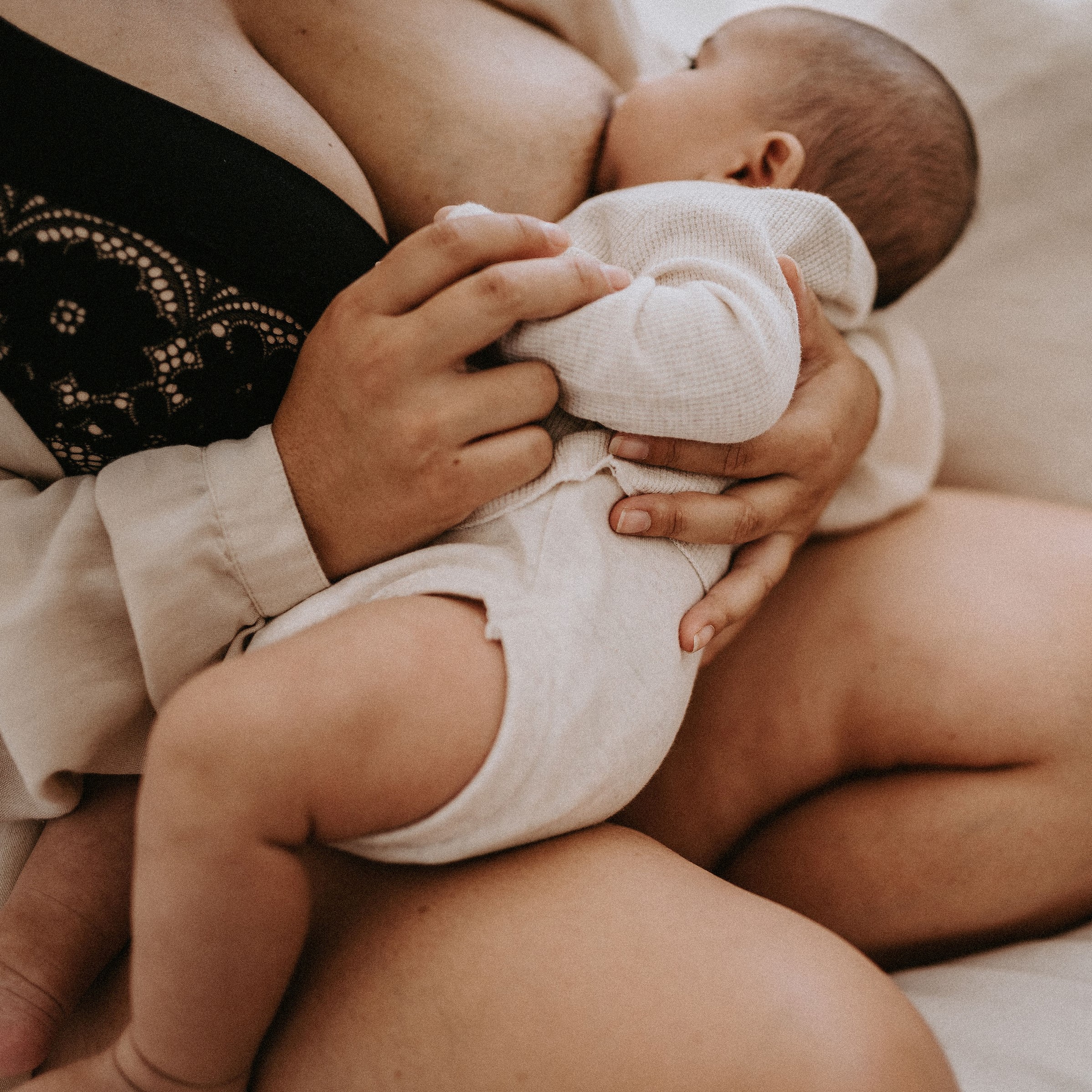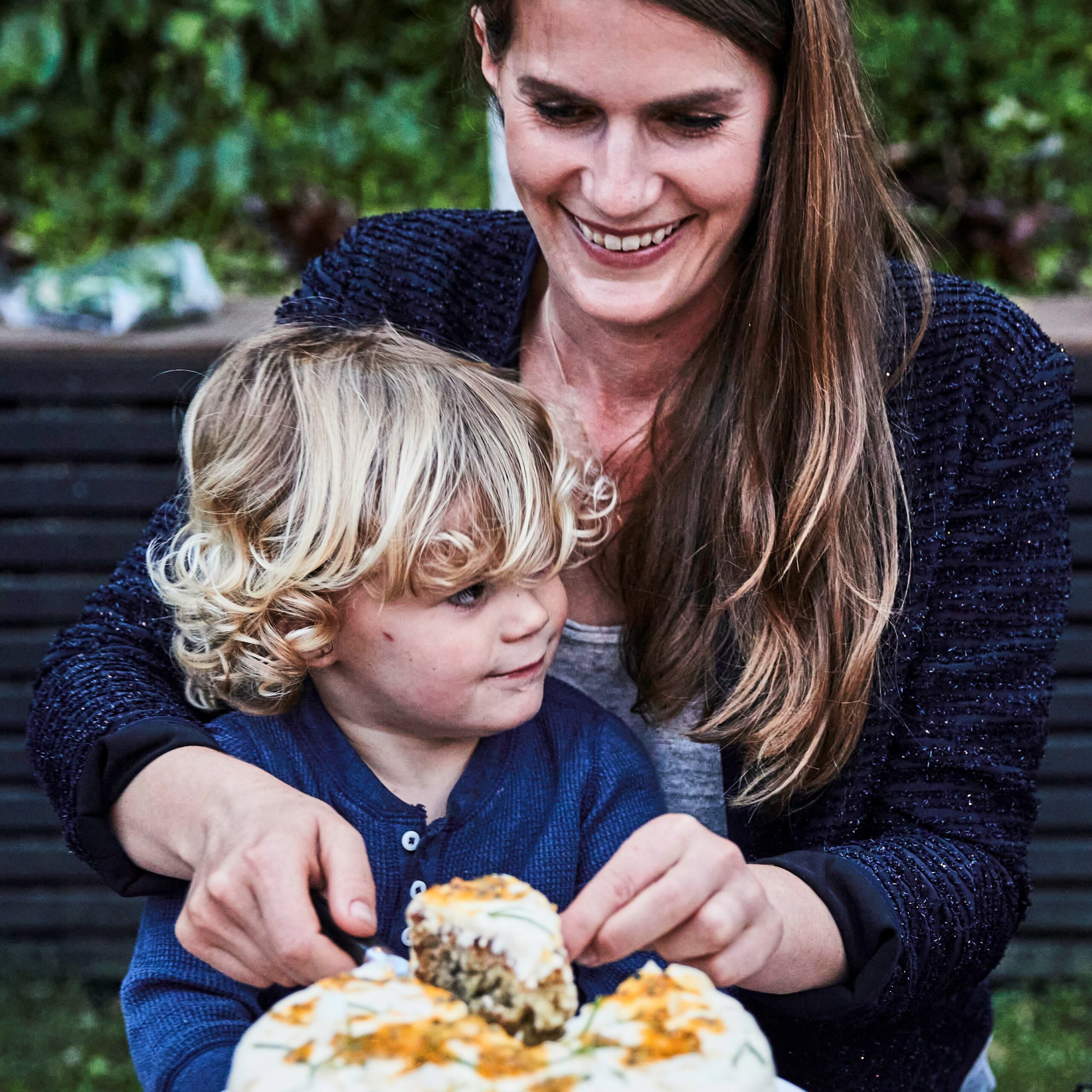Currently Pregnant? The Christmas Foods You Can and Can’t Eat This Year

It’s essential to adhere to the Ministry for Primary Industries‘ (MPI) food safety precautions and guidelines in pregnancy (you can see the full list of recommendations here) to ensure you don’t contract an infection which could make you unwell or even harm your baby. Here’s our easy guide for which Christmas foods are safe and which foods you should avoid while hapū this year.
Meats like ham and turkey
Recommendations:
- Make sure juices run clear and it is served piping hot (over 70°C).
- Do not eat any raw, rare or undercooked meat.
- While preparing raw meat, do not touch your face, mouth or eyes, and thoroughly wash and dry your hands afterwards.
- Leftovers should be stored covered in the fridge and be consumed within two days.
- Thoroughly reheat any leftovers until piping hot (over 70°C). It’s advised to only reheat foods once so if you only require a small portion, slice what you need and reheat until piping hot.
Stuffing
Recommendations:
- Only eat stuffing when cooked in a separate dish to ensure it is heated until piping hot (over 70°C) as stuffing cooked inside meat may increase the chance of pathogen growth. Serve piping hot and consume immediately.
- Leftovers should be stored covered in the fridge and be consumed within two days.
- Thoroughly reheat any leftovers until piping hot (over 70°C). It’s advised to only reheat foods once.
Dairy Products like cream, mascarpone cheese, custard and cheeses
Recommendations:
- Fresh pasturised cream products (whipped, unwhipped, sour cream, crème fraîche, mascarpone and similar) are safe to eat provided it is bought in sealed packaging, stored in the fridge, and consumed within two days of opening.
- Store-bought custard should be kept refrigerated in original packaging and consumed within two days of opening.
- Eat homemade custard hot, immediately after cooking.
- Hard cheeses (edam, tasty, colby, parmesan, cheddar) are safe to eat – they must be stored in the fridge.
- Processed cheeses (cottage cheese, cream cheese) are safe to eat provided they are bought in sealed packaging and eaten cold within two days of opening. Can also be eaten cooked, provided it is consumed before the best-before date.
- Low acid soft pasteurised cheeses (brie, camembert, blue, mozzarella, ricotta) are not safe to eat unless heated until piping hot (over 70°C).
- Do not consume dairy products that have been sitting at room temperature for more than two hours.
Christmas Pavlova
Recommendations:
- Pavlova is regarded as safe to eat as it is made from cooked egg whites.
- Follow the food safety recommendations for cream. Consider adding cream just before serving to ensure it isn’t left sitting at room temperature.
- If you plan to eat leftovers, it’s best to store the pavlova base separately and add fresh cream when serving.
Other Christmas desserts like ambrosia, truffles, and Christmas cakes and puddings
Recommendation
- Ambrosia is safe to eat provided it contains yoghurt and cream that is pasteurised and other food safety guidelines for dairy products (see above) are met. Ensure berries are washed and dried well before being added.
- Truffles that contain uncooked alcohol should be avoided.
- Christmas cake or puddings with alcohol, especially uncooked alcohol, should be avoided such as those with alcohol added at serving. No alcohol should be consumed while pregnant.
Other
Recommendations:
- Leftovers should be stored covered in the fridge and be consumed within two days. Thoroughly reheat until piping hot (over 70°C).
- Do not eat cold leftovers.
- Store-bought mayonnaise, salad dressings, sauces, and spreads are safe to eat. Store in the fridge and follow manufacturer’s instructions on packaging for storage time.
- Do not drink any alcohol when pregnant. Pasturised fruit juice and cider (non-alcoholic) are okay.



